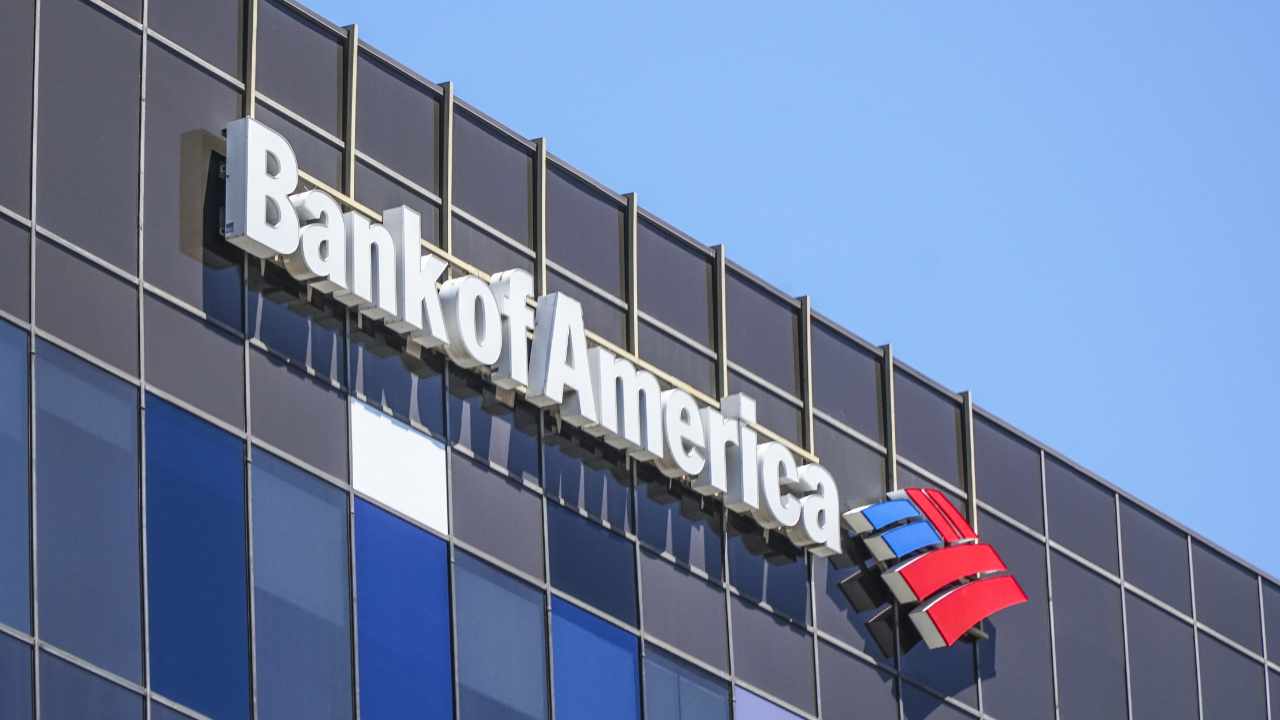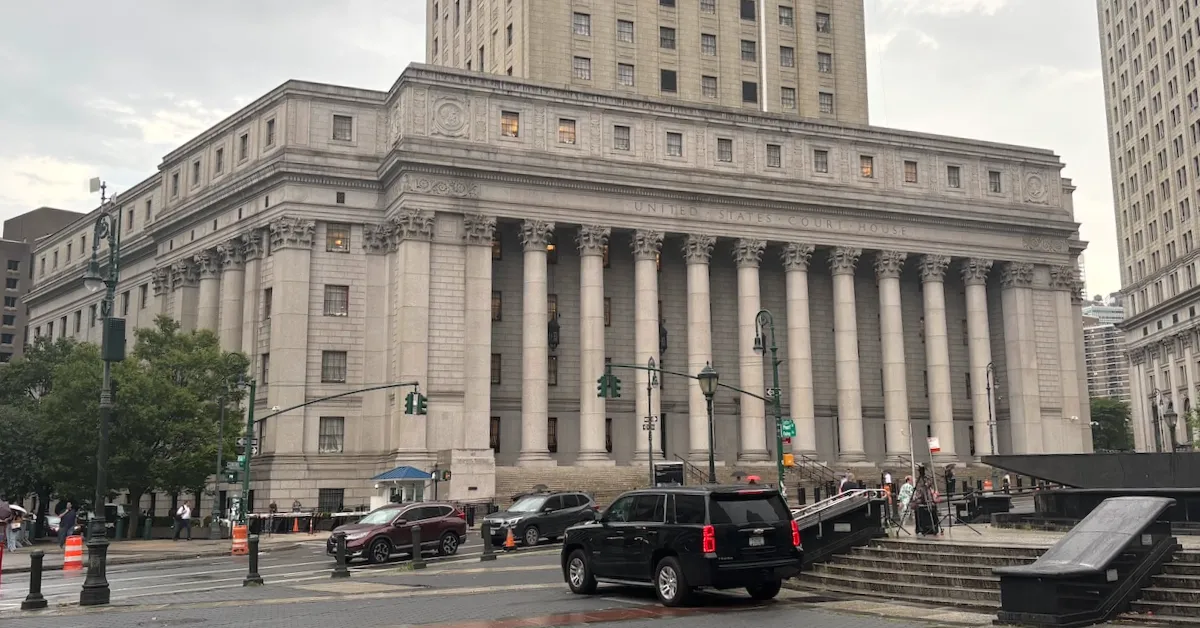
Late last week, news was released that has the potential to disrupt the trajectory of open banking in the US. JPMorgan Chase has been in discussions with data aggregators, telling them that it plans to charge them to access customer data.
Traditionally, data aggregators like Plaid, Finicity, and MX have been able to access consumer banking data at no cost by using login credentials provided through third-party services. Introducing fees for this access raises important questions around consumer data rights, portability, and the future of financial innovation—and could significantly reshape the economics of open banking in the U.S.
In the US, open banking has largely been shaped by the private sector rather than by government regulation. This means that banks, fintechs, and data aggregators have had to create their own frameworks for sharing consumer financial data, often without clear, standardized rules. Yet consumer demand for data connectivity has grown rapidly. With the rise of third-party fintech apps offering budgeting, investing, and lending services, individuals expect these tools to connect seamlessly to their bank accounts and deliver real-time balances and transaction data. To support this, banks have traditionally allowed data aggregators to access account information either free of charge or for a relatively low cost.
JPMorgan’s rationale
While JPMorgan’s decision to charge for data access may not be unreasonable, it did catch many by surprise. The bank argues that aggregators are profiting from its infrastructure without contributing value in return. Citing rising infrastructure and security costs, as well as a desire for greater control over how consumer data is accessed and used, JPMorgan framed the move as a necessary step toward a more balanced data-sharing ecosystem
“We’ve invested significant resources creating a valuable and secure system that protects customer data,” JPMorgan spokeswoman Emma Eatman told Bloomberg, which broke the news. “We’ve had productive conversations and are working with the entire ecosystem to ensure we’re all making the necessary investments in the infrastructure that keeps our customers safe.”
Impact on aggregators
For data aggregators, the news is far from welcome. As one spokesperson noted, their cost of goods sold has essentially been zero. They charge fintechs for data access but haven’t had to pay banks to obtain the data itself. If banks like JPMorgan begin charging for that access, aggregators will likely pass the added costs to fintechs, which could ultimately trickle down to consumers.
Implications for open banking
JPMorgan’s announcement comes at an interesting time for open banking in the US. Section 1033 of the Dodd Frank Act was supposed to be finalized this October, and many were looking forward to the clarity that centralized open banking rules would provide the industry. Earlier this year, however, the CFPB announced plans to rescind 1033.
Regardless of whether or not formal rules are in place, however, the argument centralizes around an age-old question in fintech–who owns the customer data? While many banks claim that the consumer data belongs to them, some advocacy groups and aggregators claim that consumers should be able to do what they want with their data freely.
Introducing new costs to access consumer financial data could have several ripple effects on the future of open banking in the US:
- It may create barriers for fintechs offering services that consumers can’t get from traditional banks. This could slow innovation and reduce incentives for new entrants to build products that meet unmet financial needs.
- Consumers may face higher costs as fintechs pass on the fees associated with data access. Services that were once free or low-cost could become more expensive, prompting some users to reconsider their primary financial institution if their bank can’t match the functionality they previously enjoyed via third-party apps.
- It could accelerate the adoption of more secure, standardized data-sharing protocols, such as those developed by the Financial Data Exchange (FDX), which aim to replace legacy methods like screen scraping with tokenized, API-based access.
- It might also incentivize more screen scraping, as aggregators seek ways to avoid new costs. While most aggregators treat screen scraping as a last resort, increased financial pressure may push some to lean more heavily on automated tools such as AI agents to extract data through less secure channels.
What’s next?
While JPMorgan was the first to notify aggregators that it plans to begin charging, we can expect more financial institutions to make similar announcements. And while the CFPB seems unwavering in its decision to rescind the open banking rule as it was stipulated in 1033 last October, JPMorgan may shape or pressure new regulatory frameworks moving forward.
If more banks adopt similar policies and create uncertainty for fintechs and aggregators, we may see renewed momentum for a revised version of 1033, especially under a new administration. As consumers, banks, fintechs, and aggregators all begin to seek greater clarity and consistency, the US could shift toward a more structured, regulated model of open banking.
Photo by Altaf Shah
Views: 99







